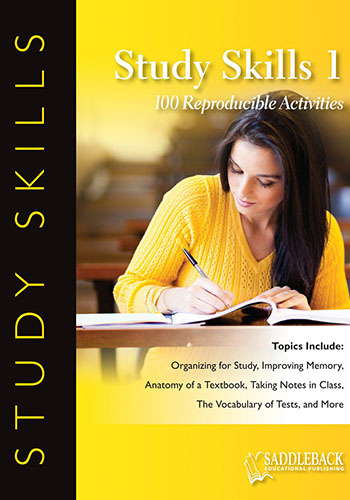
|
This book helps you orient yourselves in studying at university and acquire necessary study skills. Starting with getting to know your own learning style and setting goals, it moves forward to suggest how you can improve your memory, as well as your reading and listening strategies. It also guides you how to use references and library resources more effectively.
Highlights include “Setting goals” (Ch. 9), “Reference: The thesaurus” (Ch. 40), “Reference: The bibliography” (Ch. 45), and “The vocabulary of essay tests” (Ch. 82).
|
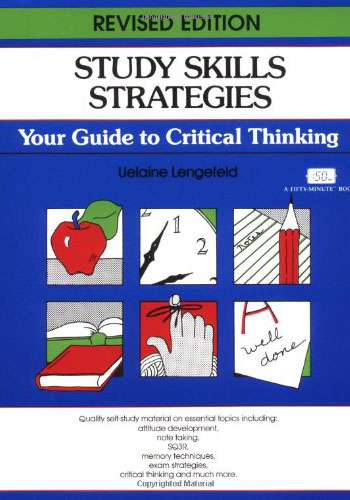
|
Lowering your anxiety and boosting your confidence at the start of your study will enable you to learn more effectively. This book provides you with useful tips on important areas such as time management and exam preparations, and shows you how to make notes and read critically.
Highlights include “Time control” (Part 2), “Notetaking techniques” (Part 3), and “Critical reading skills” (Part 4).
|
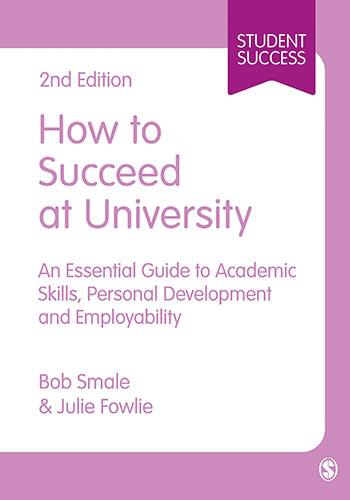
|
Written for university students at all levels, this tripartite book explains personal, academic, and life skills required at university and raises students’ awareness of these skills’ transferability in the workplace. Not only will you read about other students’ experiences, you will also learn practical tips and advice on developing study skills and achieving academic success. In addition, you will benefit from exploring the uses of digital technologies in learning.
Highlights include “How to develop successful examination techniques” (Ch. 8), and “How to understand what is required for your success in gaining internships, placements and jobs” (Ch. 9).
|
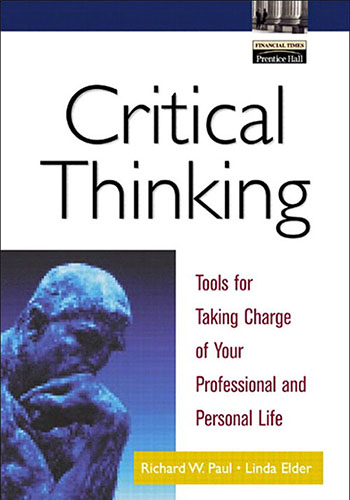
|
This is a textbook about critical thinking. Topics covered include: knowing oneself, asking the right questions, irrationality, bias, manipulation, and ethics. Of special interest are the section titled “44 foul ways to win an argument”, which describes “dirty tricks” used by the less honest, and the 52-page glossary of critical thinking terms and concepts, which will appeal to the intellectually curious. Critical thinking is a notion that is often talked about but has remained elusive for those wanting to define or teach it. This book is a good attempt at shedding light on this trendy topic.
|
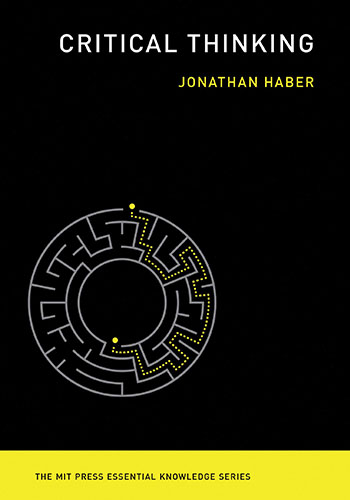
|
We might believe fake news, draw incorrect conclusions, and make decisions based on emotion rather than reason. Viewing critical thinking from philosophy, psychology, and science, this newest edition explains how the concept of critical thinking emerged, how it has been defined, and how critical thinking skills can be learned and assessed. It is, for sure, a great book for your personal growth.
Highlights include “John Dewey” (in Ch. 1), “Components of critical thinking” (Ch. 2), “Can critical thinking be taught?” (in Ch. 3) and “Can critical thinking be assessed?” (in Ch. 3).
|
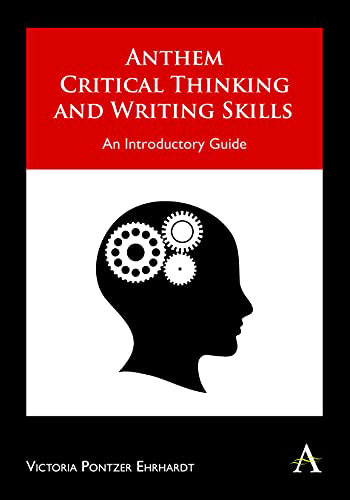
|
Critical thinking is commonly involved in everyday decisions. With the use of logic games, puzzles, and real life examples at the beginning, this book gradually moves towards formal concepts such as induction, deduction, forming a proposition, identifying issues, gathering evidence, and processing an argument.
Highlights include “What is argument?” (Ch. 2), “Inductive reasoning” (Ch. 4), “Deductive reasoning” (Ch. 5) and “Errors in reasoning: the classical fallacies” (Ch. 6).
|